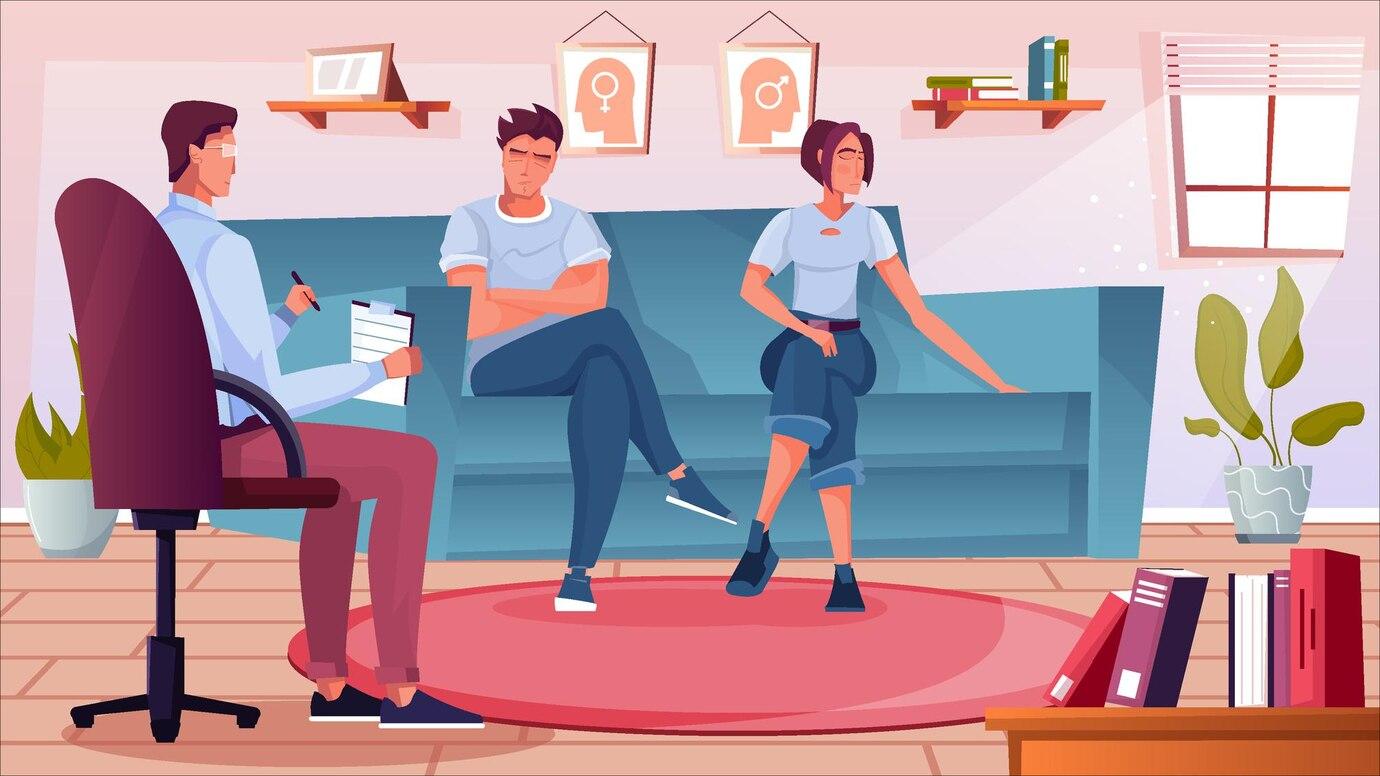Are there problems in your relationship between you and your partner? Do you finding yourselves fighting all the time or feeling estranged from each other? If so, couple counseling may be the solution you need to strengthen your bond and improve communication. However, it's important to approach counseling with the right mindset and expectations. In this article, we will discuss the dos and don'ts of effective couple counseling, based on insights from experts in the field.
What is Couple Counseling?
Couple counseling, also known as marriage counselling, is a type of therapy that helps couples navigate through relationship issues and improve their communication skills. A couple counsellor is a trained professional who works with couples to identify and address underlying issues that may be causing tension in the relationship.
The Dos:
-
Communicate Openly: One of the key dos of effective couple counseling is to communicate openly and honestly with your partner. Express your thoughts and feelings in a respectful manner, and listen actively to your partner's perspective.
-
Set Realistic Goals: Before starting counseling, discuss with your partner what you hope to achieve from the sessions. Set realistic goals together and track your progress throughout the counseling process.
-
Practice Active Listening: Effective communication in a relationship involves active listening. Practice listening to your partner without interrupting or passing judgment. This will help foster empathy and understanding between you and your partner.
-
Be Open to Change: Couple counseling may require you to make changes in your behavior or mindset. Be open to feedback from the counselor and willing to implement suggested changes in your relationship.
-
Work as a Team: Approach counseling as a team effort to strengthen your relationship. Support each other through the ups and downs of the counseling process, and celebrate small victories together.
The Don'ts:
-
Blaming Each Other: One of the biggest pitfalls in couple counseling is falling into the trap of blaming each other for issues in the relationship. Instead of laying blame, focus on collaborating to discover solutions.
-
Sweeping Issues Under the Rug: Avoid ignoring or minimizing important issues in your relationship during counseling. Addressing issues head-on, no matter how difficult, is crucial for long-term relationship success.
-
Lack of Commitment: Couple counseling requires a commitment from both partners to actively participate in the process. Skipping sessions or not putting in effort can hinder progress and lead to stagnant results.
-
Expecting Instant Results: Relationship issues take time to resolve, and progress may not happen overnight. Avoid expecting instant results from couple counseling and be patient with the process.
-
Disregarding Homework Assignments: Couple counselors often assign homework or activities for couples to complete between sessions. Disregarding these assignments can hinder progress and limit the effectiveness of counseling.
In conclusion, effective couple counseling can be a transformative experience for your relationship if approached with the right mindset and commitment from both partners. By following the dos and avoiding the don'ts outlined in this article, you can maximize the benefits of couple counseling and strengthen your bond with your partner. Remember, open communication, active listening, and a willingness to make changes are key components of successful couple counseling.

